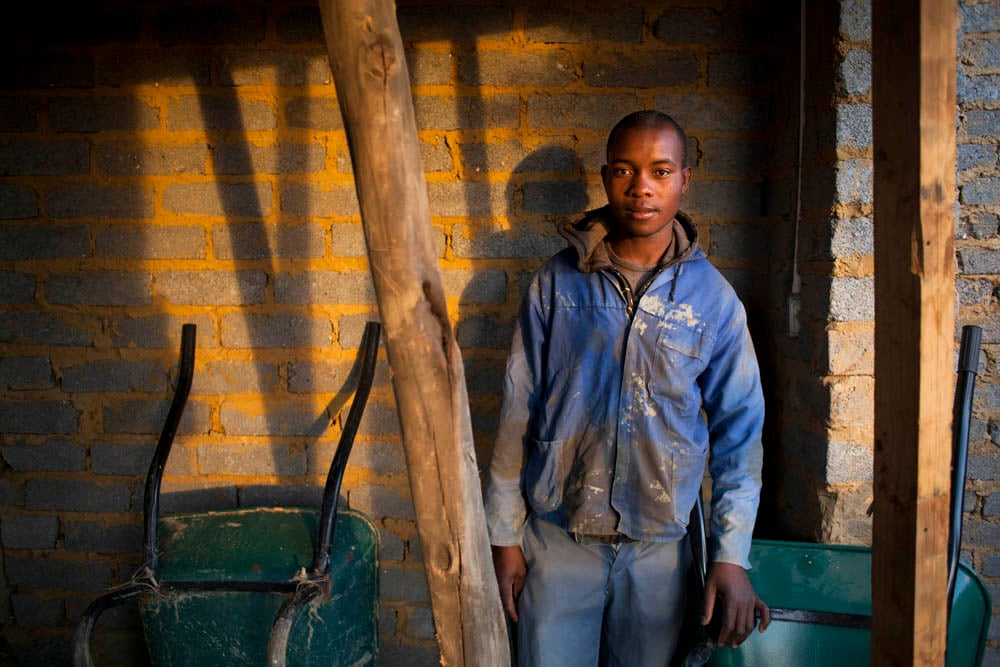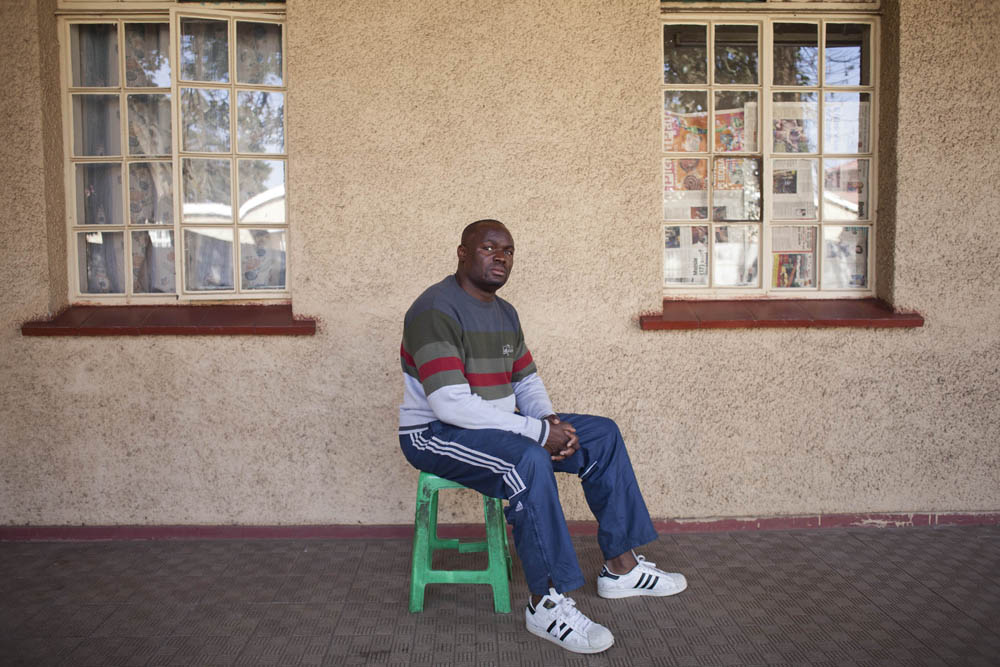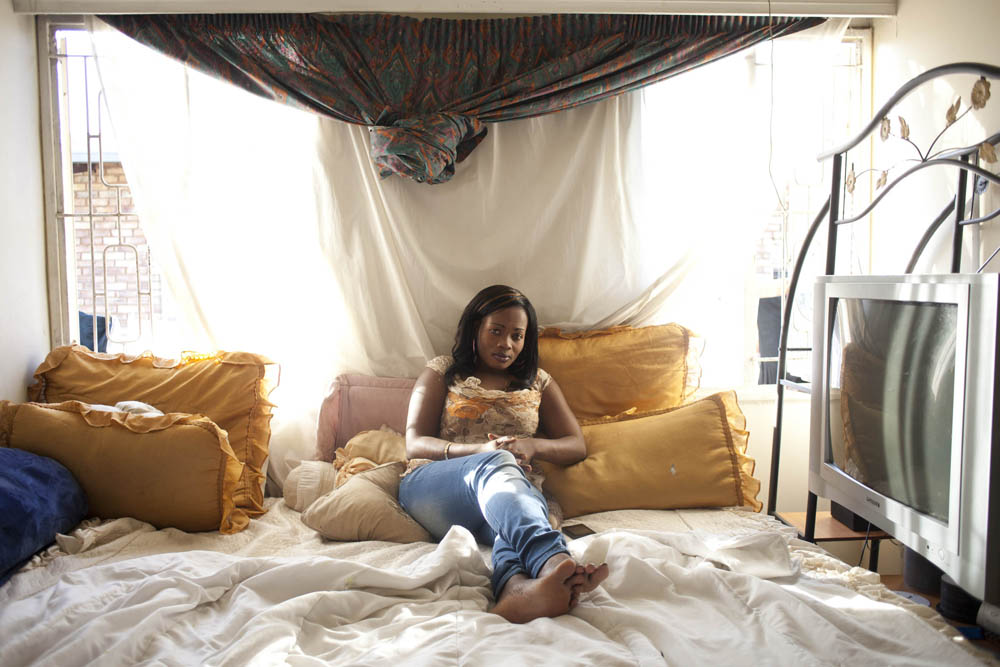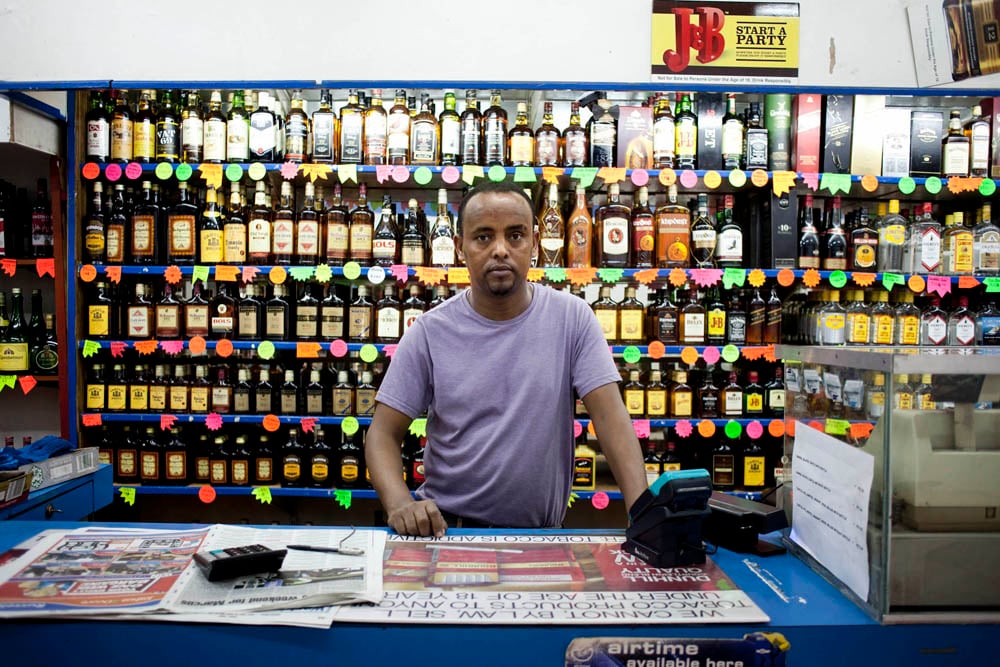Since the police and the army started Operation Fiela shortly after the xenophobic attacks a month ago, more than 1?650 foreigners have been arrested.
The police say that among those arrested were two Ethiopians accused of child trafficking, a Zimbabwean man was found in possession of explosives worth about R100 000 and two murder suspects were also arrested in Dobsonville.
A Mozambican was arrested at the Lebombo border post with more than 2kg of ephedrine, and copper and gold worth around R24-million was seized at the Beitbridge border post.
But despite the apparent success of the anti-crime operation, a coalition of nongovernmental organisations, including Lawyers for Human Rights, Médecins Sans Frontières, Section27, Corruption Watch, Africa Diaspora Forum and Awethu, has criticised Operation Fiela for perpetuating xenophobia.
They say the campaign is unfairly targeting foreign nationals and mistakenly equates the presence of undocumented foreigners in South Africa with crime.
Below, five foreign refugees tell of their hopes and fears for their future in South Africa.

Lucas Machel (25), a bricklayer from Mozambique
Machel has been living in South Africa since 2008. Four months ago, his work permit expired. He now feels uncertain about his future.
Since Operation Fiela was intensified, he finds it hard to do his job. In the early hours of last Monday, he and other foreigners were dropped off at the Johannesburg house they are renovating. An unmarked car packed with policemen suddenly appeared. They all ran for their lives. Some hid in an outside room, others jumped over walls into neighbours’ yards. Only the project manager who had the correct documents remained behind. “Eish, now things are difficult again,” says Machel. “People here no longer want us, they say we should go back home.”
With the little money he earns he pays rent, his children’s school fees and sends home what’s left. Because he is paid daily, he cannot afford to miss work.
“Since I don’t have a permit, I’m thinking of going to Pretoria to apply, but money is scarce.”
Two of his three children are in Mozambique and one is in South Africa. Machel is worried about his little boy. He asks: “If I’m sent back home, who’s going to support him?”

Kazango Elizee (38), a teacher and priest from the DRC
Elizee’s provocative preaching about corruption in the Democratic Republic of the Congo (DRC) got him into trouble with the law there. In 2001 he had to flee for his life in the back of a truck. “I found myself in Johannesburg by default,” he says. “I did not know where the driver was taking me but I knew I was going to be alive.”
Elizee met and married his soulmate in South Africa. Life was bliss until the 2008 xenophobic attacks began. His wife was raped while pregnant with their second child and they lost all their possessions when they were forced to move out of the place they were renting near Thokoza on the East Rand.
Elizee and his family now live in a shelter in Randfontein. He is a qualified teacher but cannot find work. “It’s terrible. I cannot get a job, cannot open a bank account. I feel insecure. It’s like hell. What can I do?
“I need protection from somewhere. South Africa is our country; it’s in Africa.” Elizee says the protection he seeks can only come from the department of home affairs in the form of refugee papers, but he is reluctant to visit because he has experienced xenophobia at their offices.
Even though he has lived in South Africa for 16 years, he is still an asylum seeker. All his children were born here but they don’t have rights as the locals do.
“What South Africans are doing, beating people, is the same way they treat us in the office,” he says. “

Shakina Murhububa (28), a hairdresser from the DRC
“When you are free, you can do something with your life,” says Murhububa, who lives in Pretoria West in a single room in a building once used as a student dormitory. “I’m like a slave person. I have kids. I don’t have money. I cannot get a job.”
She unlocks her door and her three children – Victoria, Sarah and Samuel – come to greet her. Her bed takes up almost the entire room. With a TV and a fridge, there’s not much space left.
Because of the political upheaval and a broken family, Murhububa had to flee her country. She got here with her children on the back of a truck in 2012. She struggled to find a place until a man offered her one. After a few weeks he demanded sex in exchange. She fell pregnant and the man vanished. Now she survives by plaiting people’s hair and washing clothes. Her charges vary according to what the customer can afford.
She adds: “Sometimes I struggle paying the rent. Life here is difficult. There is no food to feed the kids as we speak.”
When she has a serious problem she doesn’t bother to lay a charge. Police usually tell her to go back where she comes from. “Once they see that you cannot speak Sotho or Zulu, they know that you are a foreigner already and since there is xenophobia, everyone takes advantage.
“They know they can kill us and we cannot do anything.”

Yemani Embaye (30), a businessman from Eritrea
In 2007, Embaye bribed his way to South Africa, after fleeing his home for political reasons – he was conscripted to serve in the army.
He says: “I heard SA is a free country and I decided to live here.”
Embaye got his temporary asylum permit and for a while things went well for him until he wanted a permanent permit. He claims the home affairs offices in Marabastad demanded a bribe. He did not have money then and is still undocumented. Embaye went to Lawyers for Human Rights, who wrote him “a letter that states that my application is in review”, he says. “I should produce it when the police want to see my papers.” Luckily, he has not been asked yet. “I’m not sure the police will accept it, but if I see police on the streets, I hide.”
Embaye can speak both Sesotho and Sepedi. He is married to a South African woman and they have a daughter – “I feel very welcomed here,” he says.
When I ask him about Operation Fiela and how it might affect his life, he takes a moment to respond. “Whatever will happen, I will stay here,” he says. “I cannot go back home. If I go back, they will kill me.”
Police ask for R3 000 ‘token of appreciation’ to free detainee
The 34-year-old is a Zimbabwean from Harare. He is married with two children and sends money home to them from South Africa.
He was a sales agent when he left school and then worked for his father’s business as a building contractor. When the farm invasions happened, there was no work and times were hard. He finally came to South Africa five months ago. This is what happened to him on Tuesday morning: “I was in a taxi rank in Howick at about 5.45am. [It] was very busy. I was about to board the taxi when 12 armed police officers stopped us. There were some regular police and some traffic police.
“I was asked a question in Zulu. My Zulu is not very good and when they heard me stammering to answer, they asked me about my documents: passport and work permit. I didn’t have any documents with me so I was arrested.
“I was taken in the back of a Nissan bakkie with a canopy with two other guys, one a Zimbabwean like me and one a Malawian. An Indian officer sat with us. He was tall and fat; he read us our rights and made us turn off our phones. Then he said: ‘This operation is going to happen nationwide for a month. People are smuggling drugs and selling them in our country. We no longer need foreigners here – you must go back to your countries. Our children are suffering; they don’t have work or anything to do. You are coming here and doing bad things and criminal stuff. Go back to your country.’
“We were taken to the central police station in Pietermaritzburg and when we got there I counted 22 other people who had been arrested. Some had documents with them, but they had overstayed their permits and were told they would go to prison for two months and then be deported.
“There were two black officers speaking to us; one spoke Zulu and the other English. I saw the name badge of the one who spoke English. It said ‘Ndlovu’. Those of us who had no documents were told that we needed to show ‘a token of our appreciation – give us something so that we can let you go’. I asked for my phone so that I could speak to my boss, but Mr Ndlovu wouldn’t give it to me. I said to him: ‘How can I show my appreciation if you won’t let me speak to my boss?’ He said no, but that I would be held for five or six hours and then [I would be] given my phone to speak to my boss.
“The figure mentioned was R3 000. Nobody among the 22 who were arrested with me had that much money. A few had some money; one guy I saw paid R1 500, a few others R1 000, and in all, 13 guys paid and were allowed to go straight away, but I had nothing so I had to stay.
“During the day I saw three people arrive with cash in their hands to pay bribes to set guys free. The process was the guy who was being set free would be told by the police there was someone to see him and they would be taken into another room. One of the guys with us had been arrested four times before and he explained that if we didn’t see the guy again it meant his bribe had been accepted and he was set free. I think all the bribe money goes to one person and at the end of the day they share it out among themselves.
“Eventually I was given my phone back and I got hold of my brother. He managed to borrow R800 from his boss and he came to the police station to pay at 6pm. They told him it wasn’t enough and that he must go and find more. So they kept me overnight. I could hear noises coming from the cells next to mine, and I learned from some of the guys who were arrested with me that they were assaulted. They told me they were made to lie on the ground and were hit on the back with batons.
“I wasn’t assaulted and my brother came back at 6am and begged them to release me. He told the police that he couldn’t get any more money and they said it’s not enough. He said: ‘I can’t get any more. If it’s not enough just take the money and send him home.’ Then they came to me and said: ‘We don’t want to see you again. Go with your brother.’
“When I left there were six guys who were arrested with me still there. One was from Mozambique and there were also a couple of Nigerians. We are all now living in fear in this country. It is not so simple to just tell us to go home. There is nothing for us at home. No work and no money to live.”